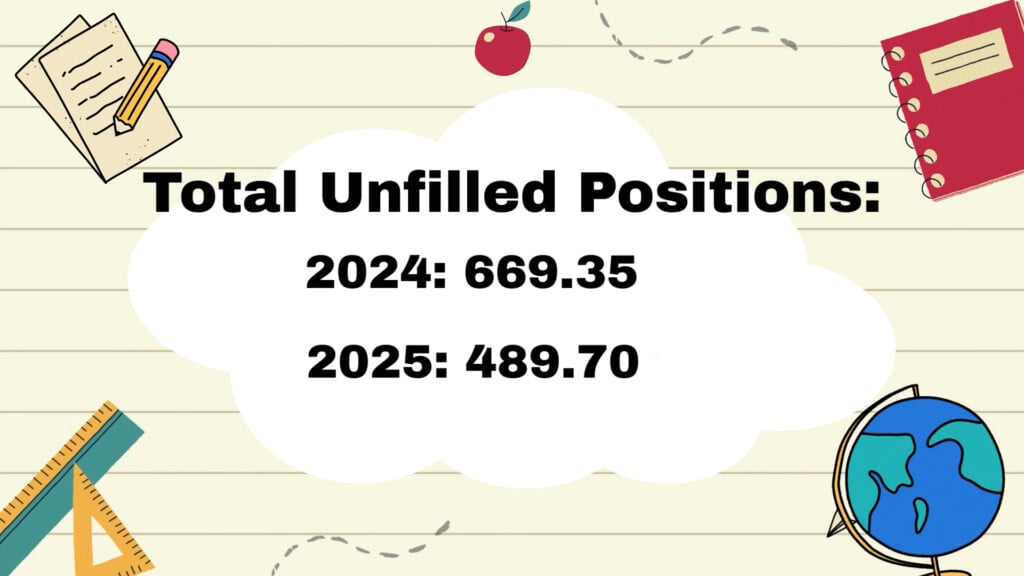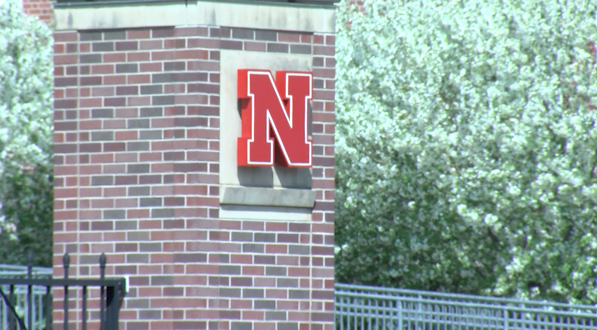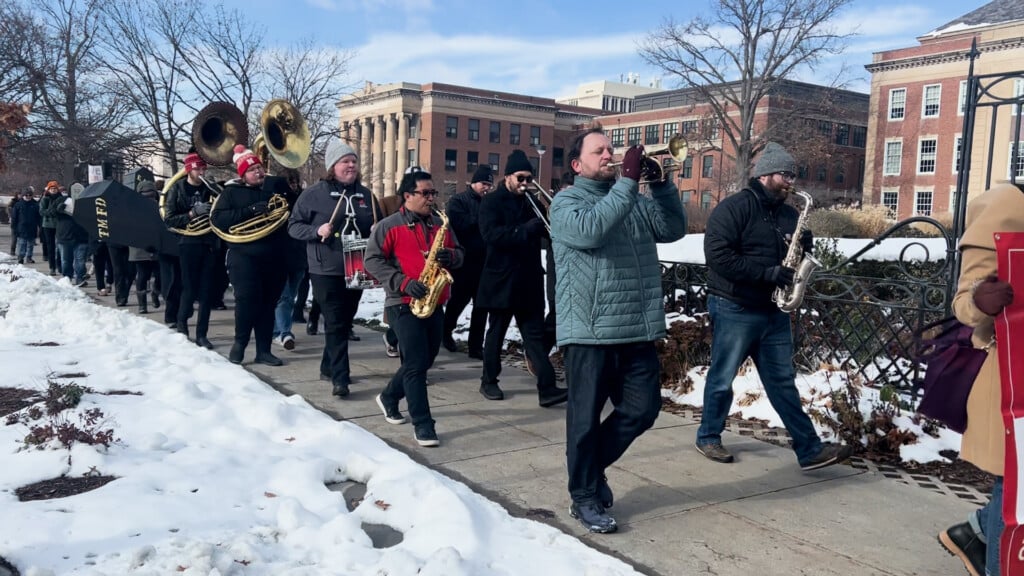‘It means pride’: Lincoln remembers the history behind Juneteenth
LINCOLN, Neb. (KLKN) – Juneteenth is our newest federal holiday, but the celebration of the day goes back 158 years.
In Lincoln, people are continuing to remember the slaves who fought for their freedom.
“It means family,” said Charlene Maxey-Harris, an associate dean at the University of Nebraska-Lincoln. “It means pride.”
The history of Juneteenth can be traced back to June 19, 1865.
The Emancipation Proclamation was signed in 1863, but it was only enforced in areas conquered by the Union Army.
It was another 2½ years before Maj. Gen. Gordon Granger ordered freedom for the enslaved people of Texas.
“Growing up, when we go to school and we’re taught about American history, slavery is talked about, but we don’t get the full perspective of it from the angle of people that were enslaved,” said Santiago Zuniga, who is studying the history of the holiday. “I feel like Juneteenth is a great step forward in recognizing those people and their perspectives.”
It wasn’t until 2021 that the day was recognized as a federal holiday.
The past few days in Lincoln, celebrations have been held to commemorate the day.
The Clyde Malone Community Center hosted an event on Saturday, and Black is Beautiful Nebraska hosted one on Sunday.
Monday afternoon, UNL students and professors got together to talk about research they’ve done on the topic.
Students found stories of slaves from the time period and shared their struggles and triumphs as they fought for their freedom.
“They were people just like us, and they deserve to have their stories told,” said Esme Krohn, one of the students.
Some said the celebrations and events are a great way to show representation of the Black community in Nebraska.
All of these years later, Maxey-Harris said it’s crucial to remember the history and continue to learn and grow as time goes on.
“We’ve built our country on the backs of those who have been enslaved,” she said. “Freedom is never really won. … We’ve got to continue telling the stories. We’re strong people.”



